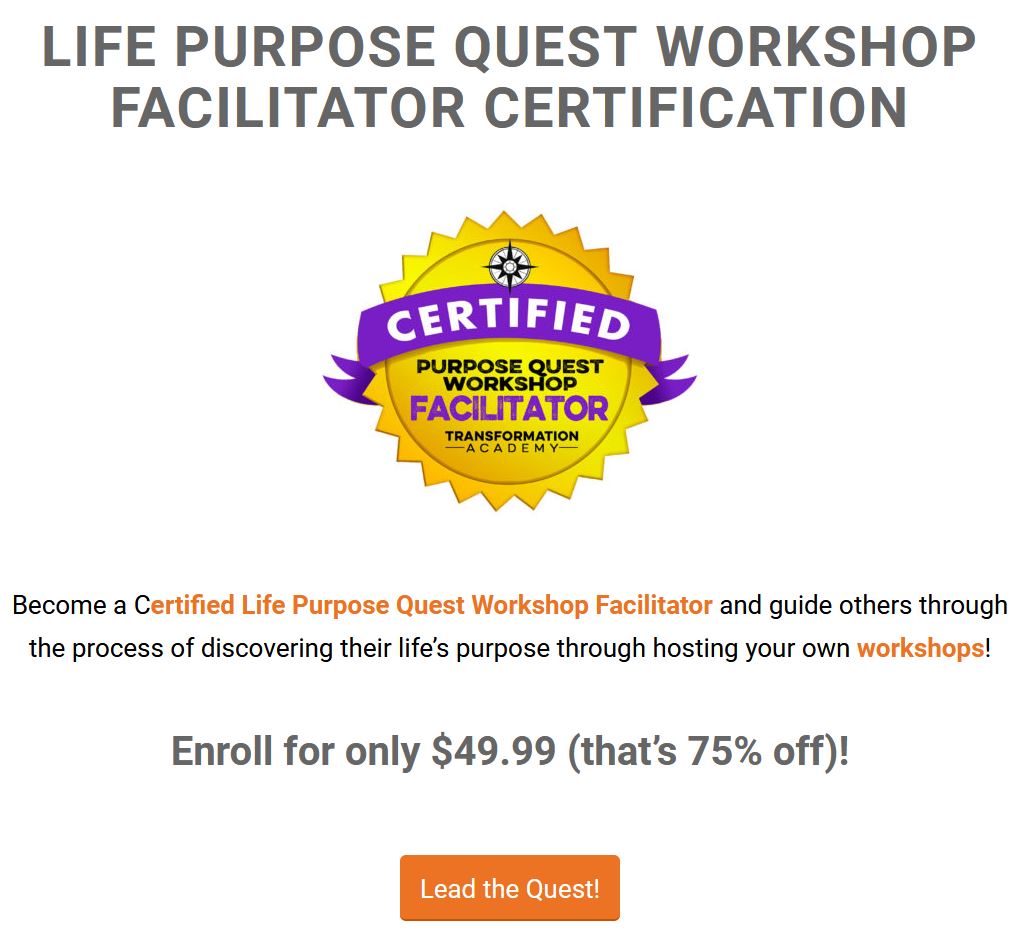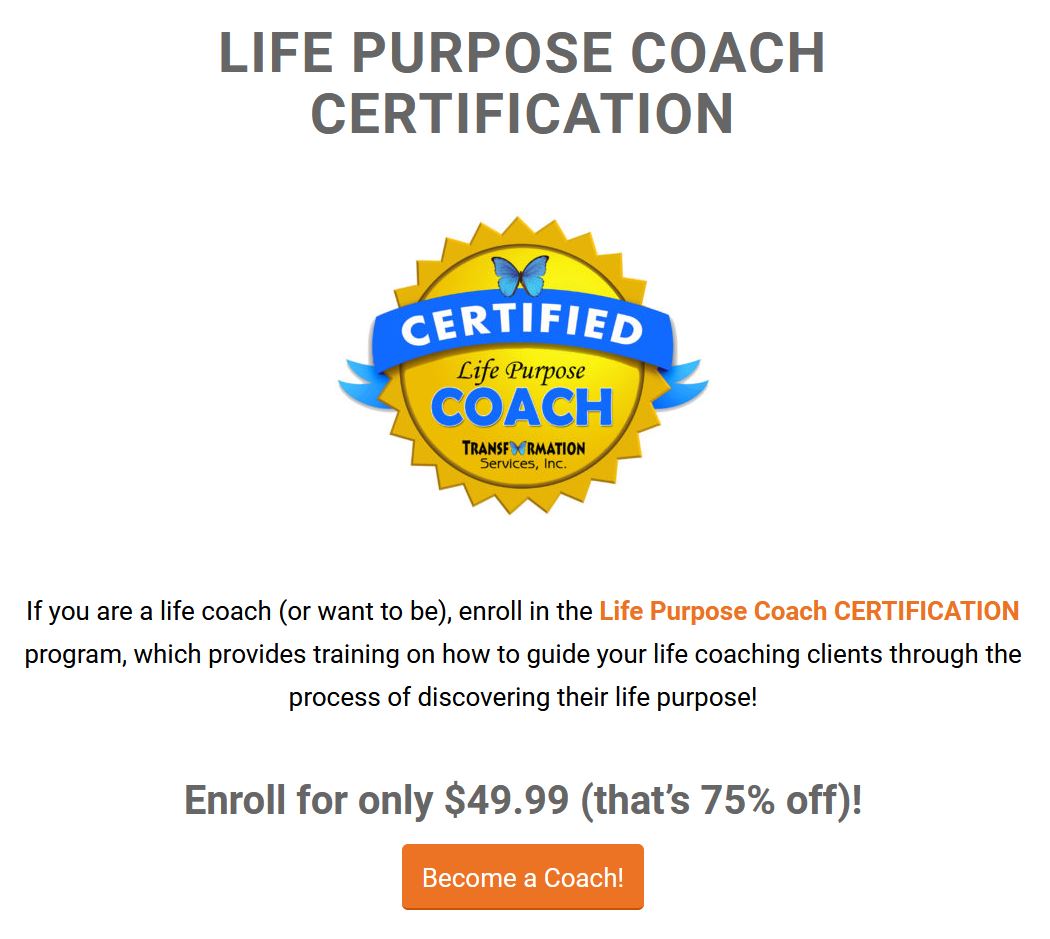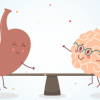We all have pain. It’s inevitable. It’s part of life. But, the first thing I want to get clear is that there’s a difference between pain and suffering. Pain happens when your life circumstances do not match up with your view of the way the world should be. Suffering is when you feel powerless over it. You are never powerless over it. You can always change your point of view.
Why do bad things happen?
Many people resist the notion that we can change our view of the world in order to stop ourselves from suffering. Sometimes bad things happen and they are so unacceptable that we don’t want to find a better way of feeling about them. We feel resentful. We feel angry. We feel wronged. Depending upon our belief system or “view of the world” we deal with our “curses” in different ways. Below are several common belief systems about why bad things happen:
- Everything in life is predestined, as part of a greater Cosmic Plan.
- An outside force (God, the Universe, Source, etc) is directing our lives and causes bad things to happen to teach us lessons.
- Everything happens by random chance and comes down to bad or good luck.
- Before we were born we pre-planned the events of our lives to learn certain lessons.
- We create our lives through our intentions, emotions, and actions (Law of Attraction).
- Everything is someone else’s fault.
As you can imagine, whether we experience pain and/or suffering is largely due to which belief system we choose. If you would like to choose not to suffer any longer, consider the following tools:
Scratching the Scab
Some people are acutely aware of their pain. In fact, many people are so focused on their pain that they forget to enjoy life. Our culture teaches us to find our connection to others by commiserating about our pain. But most of the time our true pain gets locked tightly beneath the surface.
Our culture may push pain as a social connection technique, but it also does a good hard sell of repression as a preferred coping tactic. Most people have become comfortable with hiding from their pain. They cannot be their authentic selves because in order to know how they really feel, what they really want, and who they really are they would have to be whole. You can’t be whole if you are cutting off parts of yourself.
By hiding our pain we stifle our greatness.
If this is resonating with you and you feel that there is repressed pain beneath the surface, I challenge you to scratch the scab. Stop holding yourself back by denying yourself. (Please seek support by those who are qualified to help you.)
Drop the Water Line
People are like icebergs; we see only 10 percent.
Most of the time we only see people’s identity, roles, and the pain they select as their social connection tool. The 90 percent below the surface contains who they really are: their biggest fears and deepest longings; what sustains them and what breaks them down, their talents, creativity, and brilliance, as well as their faults, failings, and mistakes.
My call to action is to challenge yourself to show more of what is beneath the surface—the good and the bad. When you are open and honest about your pain you will be surprised how many other people you meet have either experienced what you have or can otherwise relate to your pain.
Knowing that you are not alone is a huge force for healing. One of the most powerful healing experiences you can give another person is to be the witness for their pain.
(Note: Those of you who have created an identity out of your pain and are constantly dwelling in it, please disregard this message and see “Giving Your Pain a Purpose” below.)
Giving Your Pain a Purpose
Now, whether your default coping strategy is to repress your pain or dwell in it, in either case you can heal by giving your pain a purpose. Ask yourself the following questions:
- Did you learn anything from that which caused your pain?
- Has your pain inspired you to do something you otherwise would not have?
- Has the result of the situation pushed you to make a change that bettered your life?
- Is there something meaningful you could do to help others going through the same thing?
Successful, happy people have one thing in common—they turn their curses into blessings.
As Albert Einstein points out, you have a choice:
“There are two ways to live: you can live as if nothing is a miracle; you can live as if everything is a miracle.”
Dive Deeper Into Your Purpose
Explore your life purpose and guide others to do the same.









